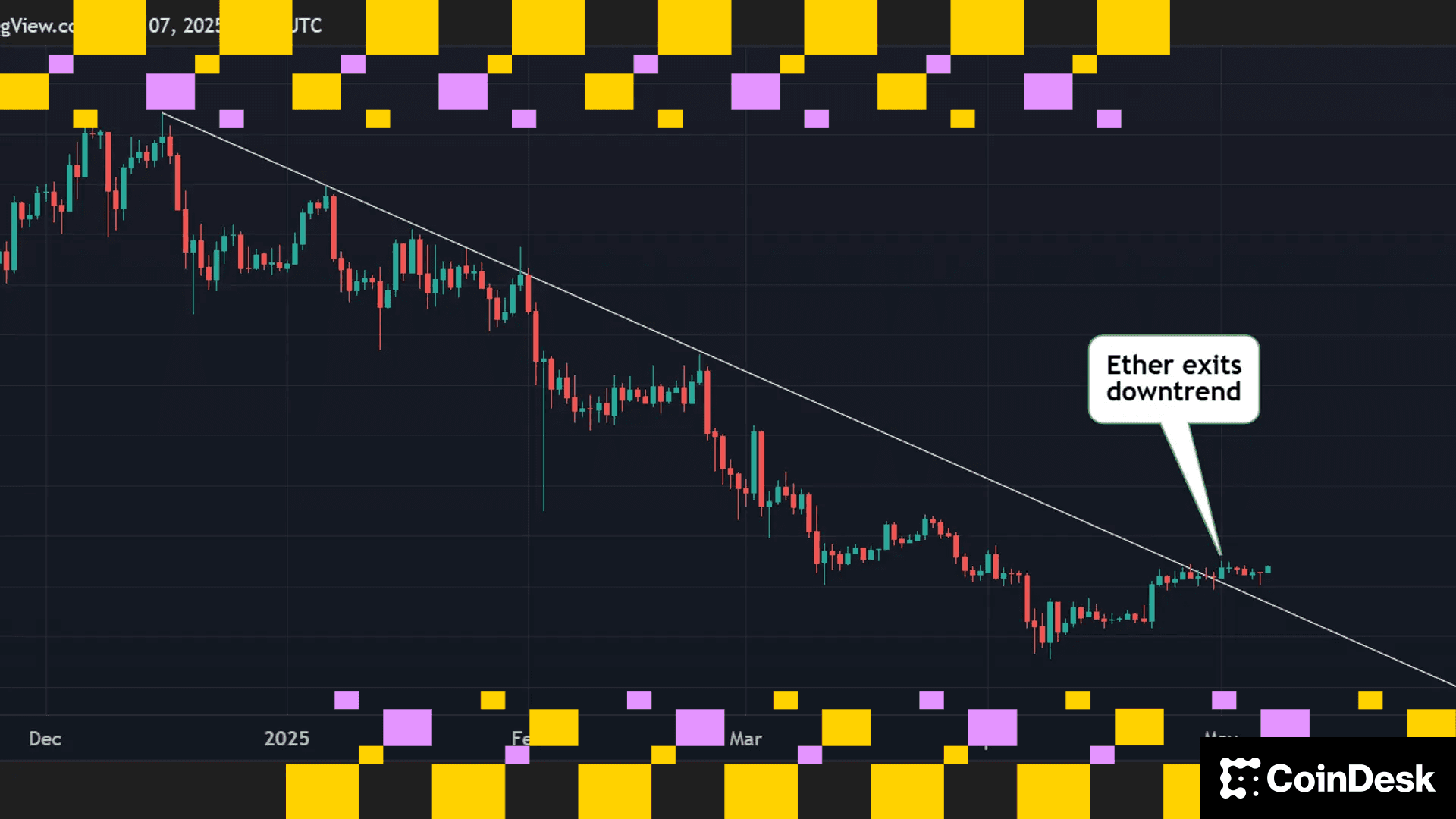Ripple Broadens Remittances Between Africa, Gulf States, UK and Australia
At its annual conference, Ripple also announced product enhancements and license updates, including a focus on payments between enterprises and smaller businesses.

Ripple, the cryptocurrency-based money transfer and payments network launched in 2012, is working with payments fintech Onafriq to expand remittance capabilities in Africa and across its borders with various Gulf nations, the U.K. and Australia.
Three new blockchain-based payments corridors will open between Onafriq users in Africa and customers of PayAngel in the U.K., Pyypl in the Gulf Cooperation Council (GCC), and Zazi Transfer in Australia, according to an announcement Wednesday at Swell, Ripple’s annual conference, in Dubai.
“Onafriq is a major payment player in Africa that serves 400 million mobile wallets,” said Monica Long, president at Ripple, in an interview. “We are excited about this because it also contributes to Ripple payments being able to cover 90% of FX markets.”
Ripple has become a mascot of resistance within the crypto industry for standing up to, and partially prevailing against, what is largely regarded as a heavy-handed and reactionary U.S. Securities and Exchange Commission (SEC).
Meanwhile, the price of XRP spiked this week, fueled by the approval of the token by the Dubai Financial Services Authority, as well as Ripple’s involvement in a central bank digital currency (CBDC) project with National Bank of Georgia (NBG). XRP, an open source project used by Ripple, acts as a bridge between two fiat currencies to facilitate faster and more efficient cross-border payments.
In addition, Ripple announced various product enhancements and license updates, including a focus on payments between enterprises and smaller businesses. Ripple has been steadily building up its collection of licenses, including money transmitter licenses in the U.S. and an institutional payments license in Singapore, with recent filings in the U.K. and EU.
“Our set of licenses means we can serve a bigger market,” Long said. “Previously, we only served licensed financial institutions and now we're able to serve enterprises and SMEs. So for example, importer/exporters and paying suppliers overseas, or paying employees in a company that has freelance developers in different parts of the world.”
UPDATE (Nov. 8, 11:09 UTC): Clarifies relationship between Ripple and XRP in fifth paragraph.
Plus pour vous
Exchange Review - March 2025

CoinDesk Data's monthly Exchange Review captures the key developments within the cryptocurrency exchange market. The report includes analyses that relate to exchange volumes, crypto derivatives trading, market segmentation by fees, fiat trading, and more.
Ce qu'il:
Trading activity softened in March as market uncertainty grew amid escalating tariff tensions between the U.S. and global trading partners. Centralized exchanges recorded their lowest combined trading volume since October, declining 6.24% to $6.79tn. This marked the third consecutive monthly decline across both market segments, with spot trading volume falling 14.1% to $1.98tn and derivatives trading slipping 2.56% to $4.81tn.
- Trading Volumes Decline for Third Consecutive Month: Combined spot and derivatives trading volume on centralized exchanges fell by 6.24% to $6.79tn in March 2025, reaching the lowest level since October. Both spot and derivatives markets recorded their third consecutive monthly decline, falling 14.1% and 2.56% to $1.98tn and $4.81tn respectively.
- Institutional Crypto Trading Volume on CME Falls 23.5%: In March, total derivatives trading volume on the CME exchange fell by 23.5% to $175bn, the lowest monthly volume since October 2024. CME's market share among derivatives exchanges dropped from 4.63% to 3.64%, suggesting declining institutional interest amid current macroeconomic conditions.
- Bybit Spot Market Share Slides in March: Spot trading volume on Bybit fell by 52.1% to $81.1bn in March, coinciding with decreased trading activity following the hack of the exchange's cold wallets in February. Bybit's spot market share dropped from 7.35% to 4.10%, its lowest since July 2023.
Plus pour vous











